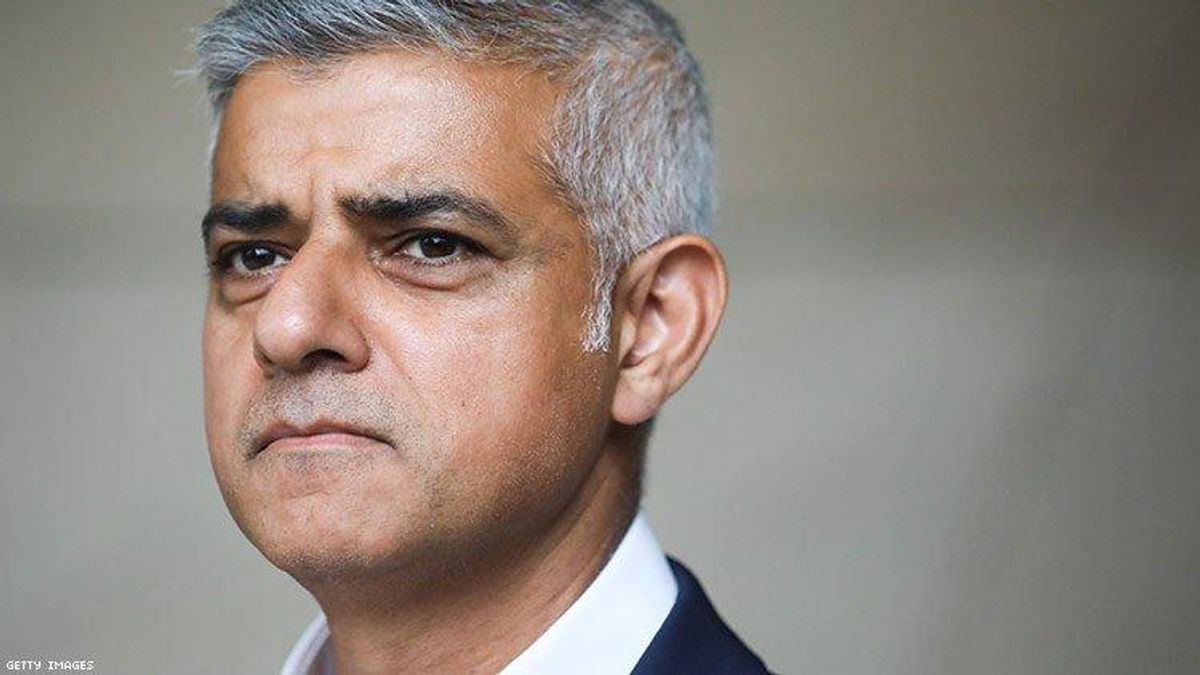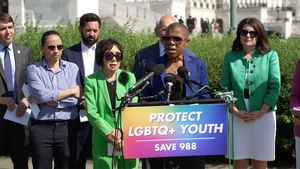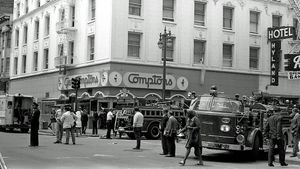London Mayor Sadiq Khan called for broader availability of the HIV prevention method pre-exposure prophylaxis, or PrEP, as he welcomed leaders from 300 cities from around the world today for the opening of Fast-Track Cities 2019, a first-of-its-kind conference on municipal responses to HIV, tuberculosis, and viral hepatitis.
PrEP, which involves the daily dosage of a drug, Truvada being the first approved for this purpose, to protect HIV-negative people from infection, is key to achieving London’s goal of no new HIV infections, HIV-related deaths, or stigma associated with the virus by 2030, Khan said.
“I’m proud of the work London is doing to tackle HIV and inequality, and am pleased that we will be able to share our knowledge and experience with others,” he said, according to a conference press release. “But despite our progress, there is still much more to be done as too many people continue to catch the virus. To truly end all new cases of HIV in London, it’s high time the [U.K.] government made PrEP available on the [National Health Service] for all those who need it. No ifs, no buts, and no more pilots — we know it works, it stops the spread of infection and saves money in the long run.”
Khan also highlighted the problem of health inequalities across the world, the need to end the stigma still associated with HIV, and the need for action to increase early diagnosis.
More than half of the world’s population currently lives in urban centers where the risk of contracting HIV, TB, and hepatitis is significantly higher due to urban dynamics such as social behavior, migration, unemployment, and social and economic inequalities, the press release notes. However, cities also have inherent advantages and offer opportunities for quick responses to health challenges and action to assure equitable access to health services.
“We have seen that for an effective response to HIV it is critical to remove inequalities, power imbalances, marginalization, and discrimination,” said Gunilla Carlsson, executive director of the Joint United Nations Programme on HIV/AIDS (UNAIDS), one of four core partners of the Fast-Track Cities initiative. “Cities must use their advantages to leverage innovation, create social transformation, and build equitable societies that are inclusive, responsive, resilient, and sustainable.”
The Fast-Track Cities initiative, announced in 2014, is a partnership between UNAIDS, the International Association of Providers of AIDS Care, the United Nations Human Settlements Programme, and the city of Paris, with the goal of ending the epidemics of HIV, TB, and viral hepatitis by 2030. The conference was organized by the International Association of Providers of AIDS Care, in collaboration with UNAIDS.
“Health inequalities are preventing people living with HIV, TB, and viral hepatitis, notably from disenfranchised and minority ethnic communities, from accessing the services they need to live longer, healthier lives,” said Dr. José M. Zuniga, president and CEO of the International Association of Providers of AIDS Care. “We are convening in London because the city’s high level of political commitment, public health leadership, support from clinical and service providers, and engagement with affected communities have enabled the city to surpass the Fast-Track Cities’ programmatic HIV targets. We are here to shine a light on London’s efforts to reduce and eliminate health inequalities that contravene the principles of social justice.”
The initial Fast-Track Cities targets, set by UNAIDS were to have 90 percent of people living with HIV knowing their status, 90 percent of people who know their status accessing HIV treatment, and 90 percent of people accessing HIV treatment achieving viral suppression. London had already met those targets when it joined the Fast-Track Cities initiative in January 2018.
The conference will run from today through Wednesday at London’s Barbican Centre. Attendees include mayors and other elected officials from the cities that have joined the initiative, in addition to public health professionals.













































































